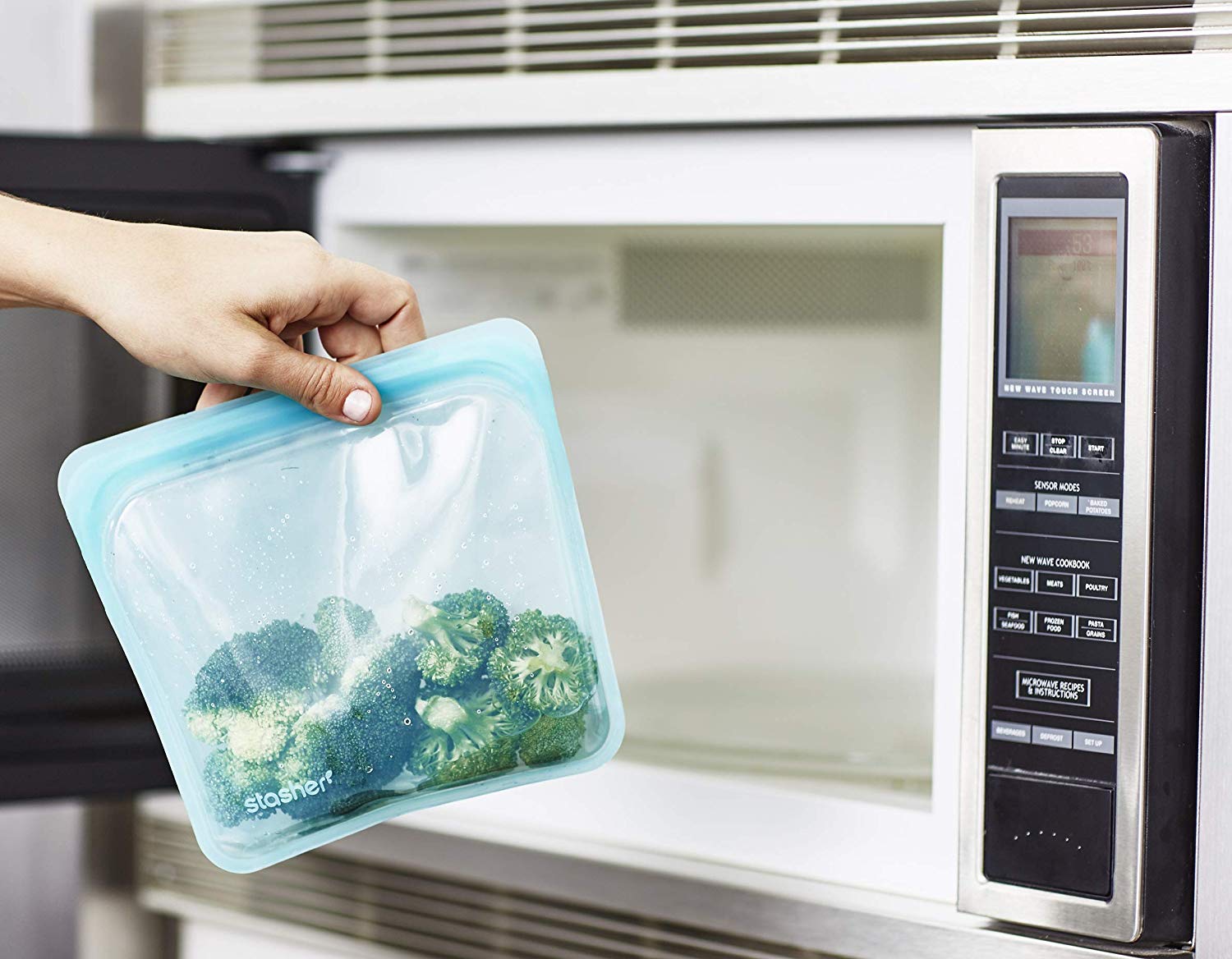4 Ways to Eliminate Single-Use Waste From Your Life
If there’s one thing San Francisco can learn from the Burners living among us, it’s the principle of leaving no trace. It’s not just a directive to avoid littering—it’s a reminder that keeping a few reusable items in your home or bag can actually reduce the amount of waste you create. Below, we’ve outlined four every day items that can be replaced with an eco-friendly counterpart.
Straws
The West Coast has been giving straws the cold shoulder, with San Francisco, Oakland, Alameda, and Berkeley all banning single-use plastic straws, and the entire state of California nixing them—except upon request—at full-service restaurants. While there are legitimate environmental reasons to support a single-use straw ban, straws are actually pretty awesome—even if unnecessary for most of us. At home or in restaurants, steel or glass straws can easily sub in for plastic, but rigid reusable straws aren’t so practical for iced coffee runs. The on-the-go alternative? Final Straw.
Final Straw is a reusable, stainless-steel and food-grade silicone straw that folds into a tiny keychain-friendly case. (The case is 3” x 1” x 1,” slightly larger than a keyless entry remote for a car.) It comes with an itty-bitty squegee when you need to clean it.
Real talk: the price for the entire kit is $25, which is not at all cheap. The company explains, “We really care about creating a long-lasting, ethically made product. That means higher costs for quality materials and committing to eco-friendly production facilities.” But if you don’t want all the accessories, you can buy just the straw for $11.
Utensils
When you pick up takeout, are you picking up utensils, too? In the Bay Area, a number of restaurants have started offering compostable forks and knives, but reusable continues to trump compostable in the eco-friendly stakes. (Even if utensils can decompose into soil, there’s still the environmental impact of producing and distributing a single-use product.)
A more responsible alternative is portable, reusable flatware. If you’re just looking for something practical, this bamboo set ($11.95) includes a spoon, fork, knife, and chopsticks inside a travel case made from recycled plastic bottles. If you like your sustainable alternatives with a little more flash, consider this rainbow set ($11.95). It comes with a spoon, fork, knife, chopsticks, and two straws, plus a tiny cleaning brush for the straws.
Paper Towel Alternatives
From cleaning counters to wiping spills to eating meals, how many paper towels do you use each day? Granted, paper towels are compostable, but there’s still a more sustainable, stylish alternative to single-use towels. On the dining front, the answer is linen napkins. San Francisco-based Coyuchi makes several styles of organic cotton napkins ($48 for four) in an array of colors to complement your tablescape, while Ubi-Ind Denim’s Mi Cocina line includes American-made cone white oak denim napkins, ($16 each). There are thousands of napkin options, including many sets under $20. (This set of 12 cotton napkins is only $15.)
For spills and household cleaning, consider saving money and the planet by using textiles that are past their prime, like old towels or t-shirts. You can cut old towels and clothing into whatever size works best for you, and wash and reuse your newish cleaning rags when you’re done.
Sandwich Bags
Wellness experts swear by meal prep to keep a healthy diet on track, but hauling meals and snacks in bulky storage containers isn’t always practical. Still, there’s a better way than resorting to one-time storage like sandwich bags. Stasher makes self-sealing, silicone bags that you can use in the fridge, freezer, microwave, oven, sous vide, or just for storage. Available in a variety of sizes—snack bags, sandwich bags, gallon size, and more—a silicone bag can replace those stash and trash bags that you go through on a daily basis. They’re dishwasher safe, so you don’t have to deal with cleanup when you’re done.
Keep in mind that we included links to products because this is a digital publication, but shopping in the real world is a better way to support local business and reduce your carbon footprint. For reusable utensils, silicone dishes, and storage containers, check out the selection from outdoors specialists like REI and Sports Basement. For table linens and paperless towels, try any home goods store, or just head to Bed Bath and Beyond. For local or small-business versions of many of these items, try pop-up fairs like Urban Air Market, West Coast Craft, or Renegade Craft Fair.
Greening your life is an ongoing process. You don’t have to become the model of eco-perfection overnight., but making small changes to your daily habits can add up to a big difference over time.
This post contains affiliate links. If you make a purchase through one of these links, Rockyt will receive a small referral fee.






